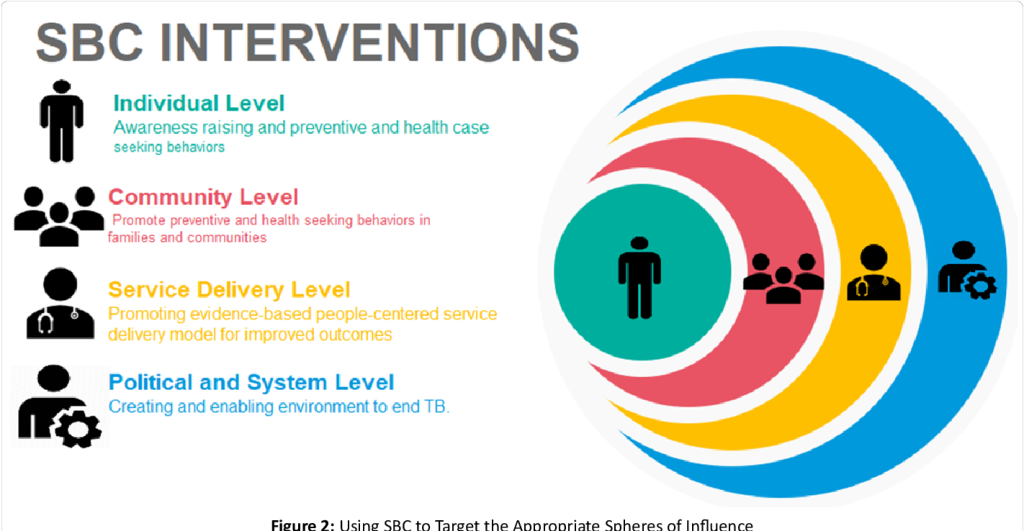Background
Operational research is a key tool in identifying most of the problems facing our health systems. It is only after problems are identified that we can design solutions to make sure healthcare is made accessible equitably for all. Social behavior change communication is the attempt to influence social attitudes and norms in a positive way so as to make life better.
The youth are ideal age group to do operational research as a way of beginning with the end in mind. Young people are leaders of today and tomorrow and if they do not identify these niches and create solutions for them now, the future does not become any better. Each of the WHO health system pillars can benefit from operational research and social behavior change communication which is in line with the 2nd Annual YouTH Voices Summit Conference theme: “Activating Youthful Leadership Towards the Realization of Universal Health Coverage.”
The youth can only be empowered leaders if they allow themselves to take up spaces of advocacy and championship towards the current challenges facing our healthcare systems. The world has so much of what is needed to meet patient demands but needs so much refinement on how we look at our healthcare systems.
Health as Sustainable Development Goal (SDG) 3 calls for a proactive cohort of youth who are passionate about identifying gaps, communicating what is wrong and actually working to create better health systems. Operational research seeks to answer the questions what, why and where in healthcare and later we can champion for changes.
In this article I review the role of youth in social behavior change communication and how they can take up available niches in this sector to strengthen healthcare systems.
This is Africa, and Africa is our business
Africa our motherland has a rich array of resources and networks that the youth can explore to influence social behavior change communication. The challenges facing us and our health systems are around us and have the ability to be influenced by the little change young people are willing to make. The key step for a start is to change our perceptions and perspectives towards Africa.
As the youth, we should recognize that nobody will come to save us if not ourselves who live here. Africa has previously been perceived as a “hotbed of problems.” To change this, we have to start working from selective operational research with a focus on systemically addressing bottlenecks in our societies.
If we begin to approach our issues with concern and wisdom, then so much societal change is bound to come from us.
What is our starting point as youth leaders in finding solutions to social challenges in our community? What role can we play as youth leaders in our respective countries towards solving social challenges in Africa? If every youth is able to ask these questions, then we can contribute keenly to finding evidence-based context specific solutions for the challenges that face us.
Taking up Social Challenges
Youth are affected by most social challenges and can contribute to changing how the society in general perceives these. Sexual and Reproductive Health Rights (SRHR), Social Justice, Mental Health, Health Service access and discrimination among others. These are suitable niches for operational research and social behavior change communication.
One can volunteer to direct others to find solutions for challenges and team up with others to communicate for behavior change. Team work will come in handy, collaboration among youth cohorts.
The barriers that hinder the youth from approaching social challenges include fear, low self-esteem and the imposter syndrome. A change of mindset is needed. Why is it that we have people struggling with sexual and reproductive health challenges, drug and substance abuse problems, depression among others if we can stand and say “No” to all these?
What are your personal success stories in identifying and solving social challenges in your community? Have you tried or are you just waiting for others to try?
Operational research requires us to capitalize on the need for change in every single step. How do we want our society to look like? Let us then act now.
Walking the Talk
Youth are the leaders who can drive social change cognizant of the vision for a better future and the privilege of time to do better into the future. This can only be done by living the fundamental principles we speak about or seek to see. Behavior change is a two-way flow of energy and each party involved needs to change.
If we had a set of youth leaders who embraced change and positivity, then we push the world to becoming a better place for all. Every youth needs to reconfigure their lives and how they lead by ensuring they are the change the world wants to see.
We should be Individuals who behave according to a set of sound principles and values for common good. This also calls for us to be leaders who lead by example displaying honesty and integrity in all key decisions.
If we were champions of integrity and change wherever we worked and live, what then would hinder others from doing what we do?
Operational research begins from within by modelling transformative change. The ability to recognize our own challenge and communicate the change to ourselves before we can change society.
Empathy
The role of the youth in operational research relies solely in the ability to empathize with societal problems like health equity, challenges in healthcare delivery and access etc.
What challenges in society requires to be addressed? Which groups are majorly affected by a specific problem? Are we able to empathize with them? This requires of us to practice active listening, critical thinking, dropping away any kind of bias and giving others space.
Operational research requires a strategic and keen mind to challenges and probable solutions before all else. To search for alternatives, we also need to empathize and immerse ourselves in the problem. Thereafter we can collaborate and rise. Empathy provides a platform to see beyond the challenges and to leverage on available opportunities to drive social change. We have to immerse ourselves in what is around us, not just stay aside and watch.
Call to Action
As Africa’s youth, we are called upon to take up Africa’s challenges and empathize with them to find solutions as we purpose to change the world. Every youth, wherever they are from has a role to play in driving social change with operational research as a tool for this transformation. The world will give us a listening ear if we can all rise up to the occasion, speak up and take action.
Small changes can produce the biggest results, if only we are willing to ensure we win for the society.
It is now or never!
Article written by Dr. Veronica Njambi Pharmacist and Founder, Anaya Pharmaceuticals (A partner of Ryculture Health and Social Innovation).

